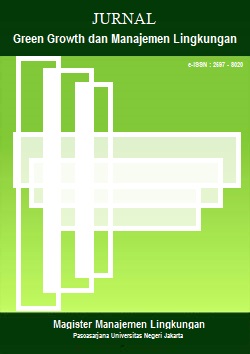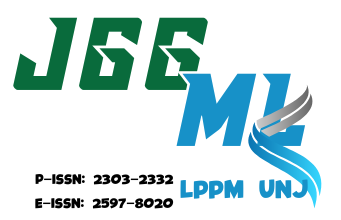Pemberdayaan Perempuan dalam Pembangunan Berkelanjutan di Era Revolusi Industri 4.0
DOI:
https://doi.org/10.21009/jgg.v12ii2.03Keywords:
Women EmpowermentAbstract
The world conference on Women in 1995 adopted the Beijing Platform for Action, in which governments agreed to implement gender mainstreaming. Other UN conference also acknowledge the importance of adapting a gender specific approach to implementing policies: gender equality has been identified as one of MDGs and designed as a crosscutting theme for work of the commission on sustainable organizations, national government, and most civil society groups still fail to integrate gender perspective adequately into their policies and their action. Gender equality is a right. Women are not only more affected by economic crisis and lack of health care, to climate change, violence against women and escalating conflicts, but also possess ideas and leadership to solve them. The 2030 Agenda for Sustainable Development and its 17 Sustainable Development Goals (SDGs) adopted by world leaders in 2015. Achieving gender equality and women’s empowerment is integral to each of the 17 goals in economic globalization era. Women must not miss the jobs of the future. This is the central message of a new study on women in science released by UNESCO (11/06/2021). The digital revolution will need to be inclusive. A fundamental transformation is under way in the workforce. The Fourth Industrial Revolution, or Industry 4.0, is disrupting industries and the labor market, as cyber physical systems proliferate and become more sophisticated. The irony is that the fields most relevant to Industry 4.0 are the very ones where women remain underrepresented in most countries, namely IT, computing, physics, mathematics and engineering. Japan is hoping that the centerpiece of its new growth strategy, Society 5.0, will enable society to adapt to a shrinking, ageing population through widespread use of AI and other digital technologies in industry, agriculture and the services sector.



